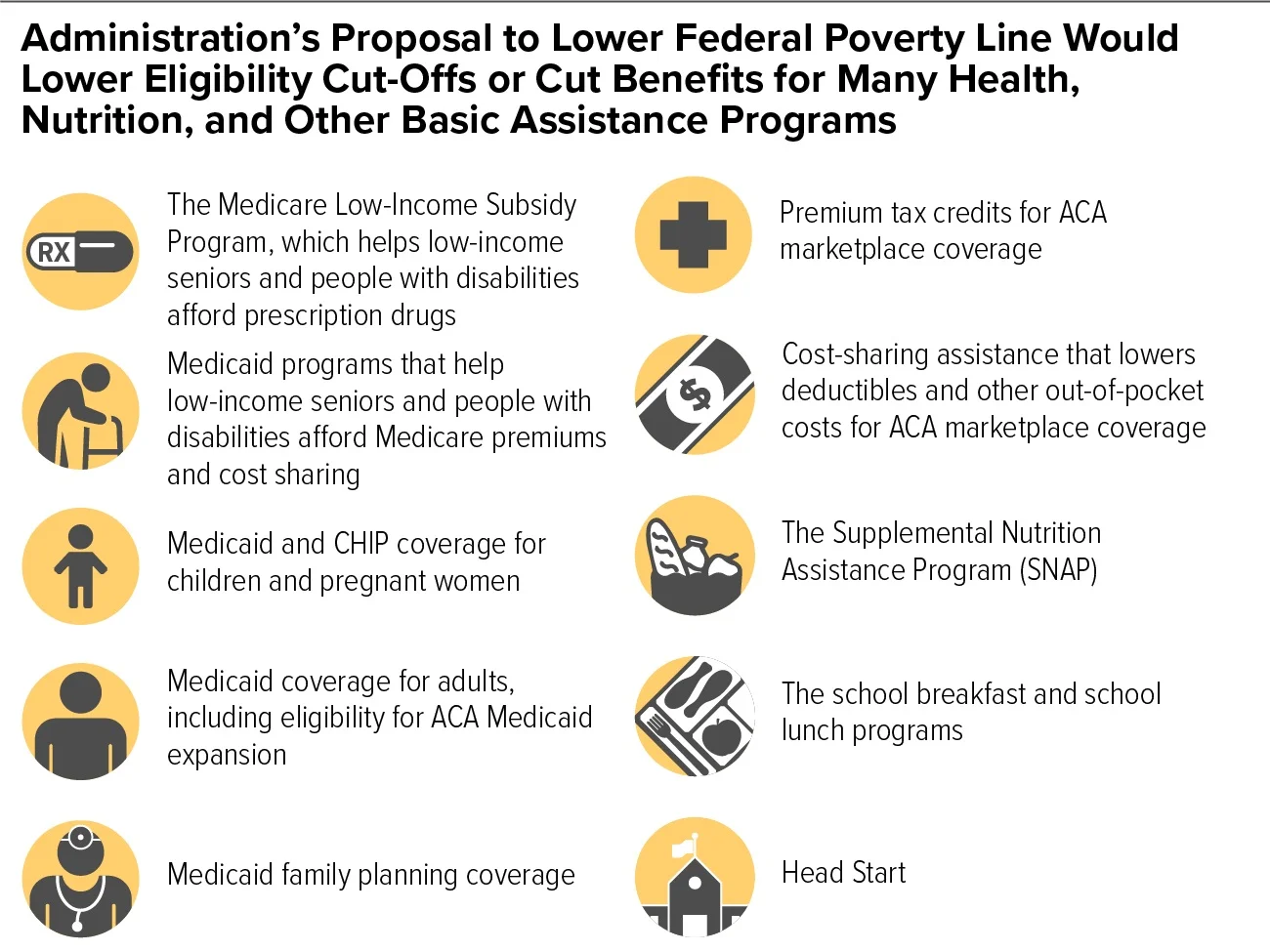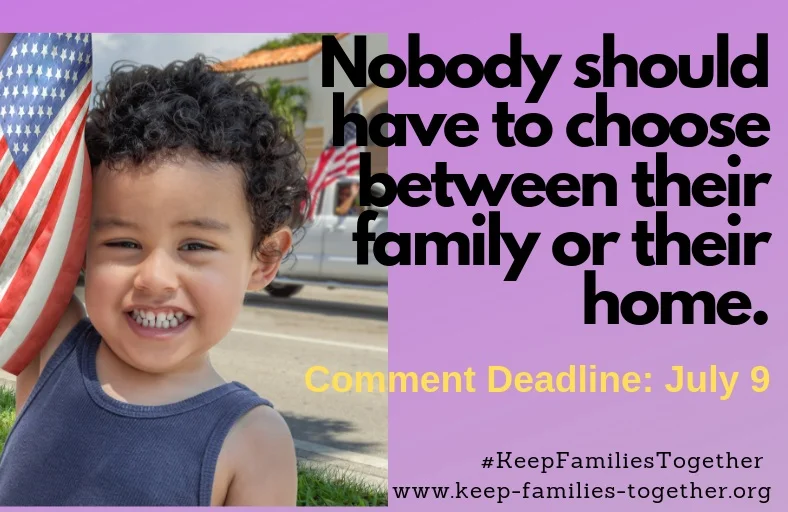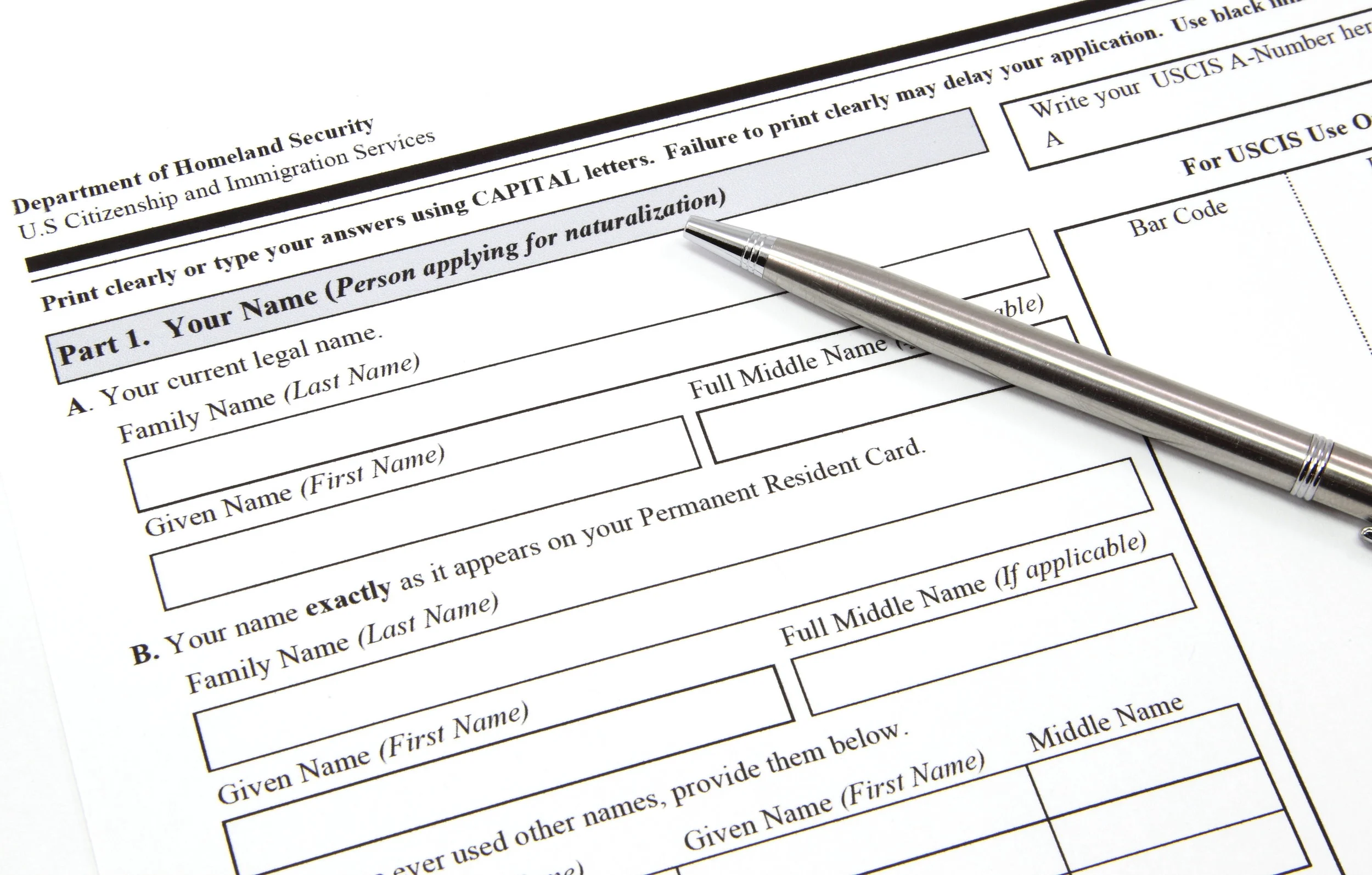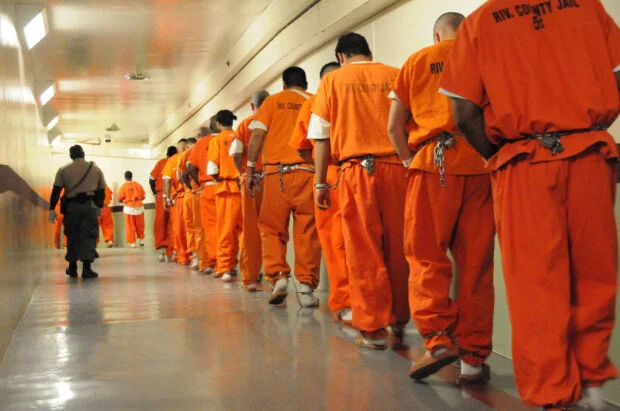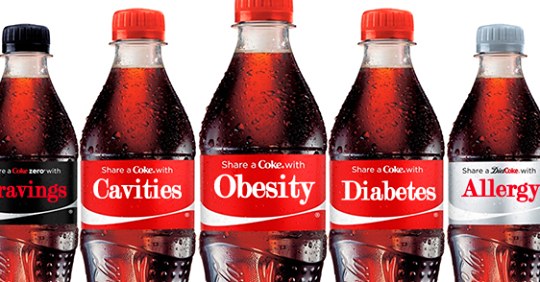Economic Conditions
Economic justice refers to ensuring that each person has the ability to fairly contribute to the economy and make a just living. There are three principles that encompass economic justice:
Participative justice is the belief that each of us has the right to equally contribute to the economy, meaning equal access to acquiring private property, business assets, and equal opportunity to engage in productive work.
Distributive justice correlates to enjoying “the fruits of your labor.” Distributive justice advocates for just income/livable wages and for individuals to have an output that matches their contribution to the economy.
Social justice, the final tenant, is the establishment of feedback loops within government to address injustices in the former principles.[1]
There is substantial evidence that one’s personal economics has a significant impact on their health. Higher paying jobs provide individuals the opportunity to access health benefits and insurance not offered by lower paying jobs; furthermore, increased income opens the door of purchasing health promoting goods and services. In addition, lower income families face greater burdens of stress; this increases their likelihood of even more serious health conditions such as heart disease, depression, gastrointestinal diseases, and infections due to lower immune responses [2] caused by greater stress. The life expectancy of high- and middle-income Americans has continued to increase while it has stagnated—and even declined in some demographics—for poor Americans.[3]
The current state of economic justice is directly tied to governmental actions. Gentrification policies in low income and minority communities has led to an “economic marginalization”, where individuals often are excluded from the increased economic activity from new restaurants, businesses, and other commerce activity that comes into the community they were displaced from. Moreover, taxation and asset building policies, monopolies, race and gender pay disparities, worker exploitation, and other exclusionary barriers [4] either enacted or ignored by the government have widened the gaps of inequality.[5]
Economic justice is crucial in allowing everyone a fair chance to contribute to and reap the benefits of the economy. A fair economy not only benefits those prior excluded but leads to a more successful economy. Grassroots community organizers are fighting for economic justice by advocating for fair wages and low-income and farmworkers’ labor rights. Organizations are exploring guaranteed basic income for identified communities, and many programs promote financial literacy, wealth creation and economic security for families. Basebuilding partners are seeking just and equitable transition of funds for coal-impacted communities on tribal lands, and others are partnering with local Board of Supervisors and Economic Development Office to create youth employment infrastructure.
DISPARITIES AND STATISTICS
Race and Ethnicity:
The wealth of a median Black family, just over $3,500, owns just 2% of the wealth of the nearly $147,000 the median white family owns. The median Latino family, with just over $6,500, owns just 4%. In summary, the median white family’s wealth is 41 times that of the median Black family and 22 times that of the median Latino family in America.[6]
In 2016, the median Black worker earned 75% of what the median white worker earned in an hour; the median Black household earned 61% of the income the median white household earned in a year; and the value of net worth for the median Black family was just 10% of the value for the median white family.[7]
Gender:
Significant pay inequity still exists for women in the workforce. Among full-time workers, women earned less than 81 cents for every dollar a man earned in 2016. This gap is even wider amongst part-time workers, since women are more likely to work reduced schedules.[8]
Transgender and gender nonconforming people are unemployed at alarming rates. At 14% the unemployment level is double that of the national average. This level increases when looking at Black (28%), American Indian/Alaskan Native (24%) and Latinx transgender and gender non-conforming individuals (18%). In addition, 44% of transgender and gender-nonconforming individuals reported they did not get a job they applied for because of their identity.
Economics:
The share of incomes going to the wealthiest 10% increased from 33% of total earnings in 1978 to 50% in 2014—a level of inequality not seen since before the Great Depression. Incomes for poor and middle-income Americans have barely changed since the 1970s and, adjusted for inflation, have actually declined since 2000.[9]
COMMUNITIES OF PRAXIS POLICIES
Community organizers across the nation are advocating for policy, system, environment, and practice changes that address the root causes of health inequities across the social determinants of health. Every year Praxis invites our Communities of Praxis members to share some of their top organizing or advocacy campaigns in their own communities through out annual survey.Step into the shoes of organizers who are cultivating change. Witness the power dynamics at play and the strategies employed to overcome challenges unique to rural settings. From small-town meetings to expansive landscapes, this short documentary captures the essence of community-driven movements that are reshaping the narrative of rural America.
This video features AYPAL, a leadership development, community organizing and coalition building organization hat seeks to create healthy, safe, and thriving communities. AYPAL empowers Oakland, CA's low-income Asian & Pacific Islander immigrant and refugee families and youth.
This video features Acta Non Verba: Youth Urban Farm Project (ANV), an organization that elevates life in the inner-city by challenging oppressive dynamics and environments through urban farming
This video features Cultiva La Salud’s Vendors for Health initiative. The initiative was created to bring healthier food choices to the Fresno community.
This video features Black Women for Wellness (BWW), an organization committed to the health and well-being of Black women and girls through health education, empowerment and advocacy. In this video, they presents Kitchen Divas, community-based cooking classes focused on health and wellness.
This video features Menikanaehkem, a community based organization within the Menominee Reservation in northeastern Wisconsin. Watch this video to see how Menikanaehkem is healing their community through a wide range of initiatives aimed at language and cultural revitalization, food and energy sovereignty as well as addressing social and environmental justice issues.
This video features La Union del Pueblo Entero - LUPE, an organization removing barriers to health care and helping provide vision exams for entire communities using their Mobile Health Clinics, through partnerships with local healthcare organizations.
This video features the Pan-African Community Development Initiative (CDI), an organization based in the Bronx, NY, highlighting their income tax preparation workshop as part of their mission working towards economic justice for the Bronx, New York.

































